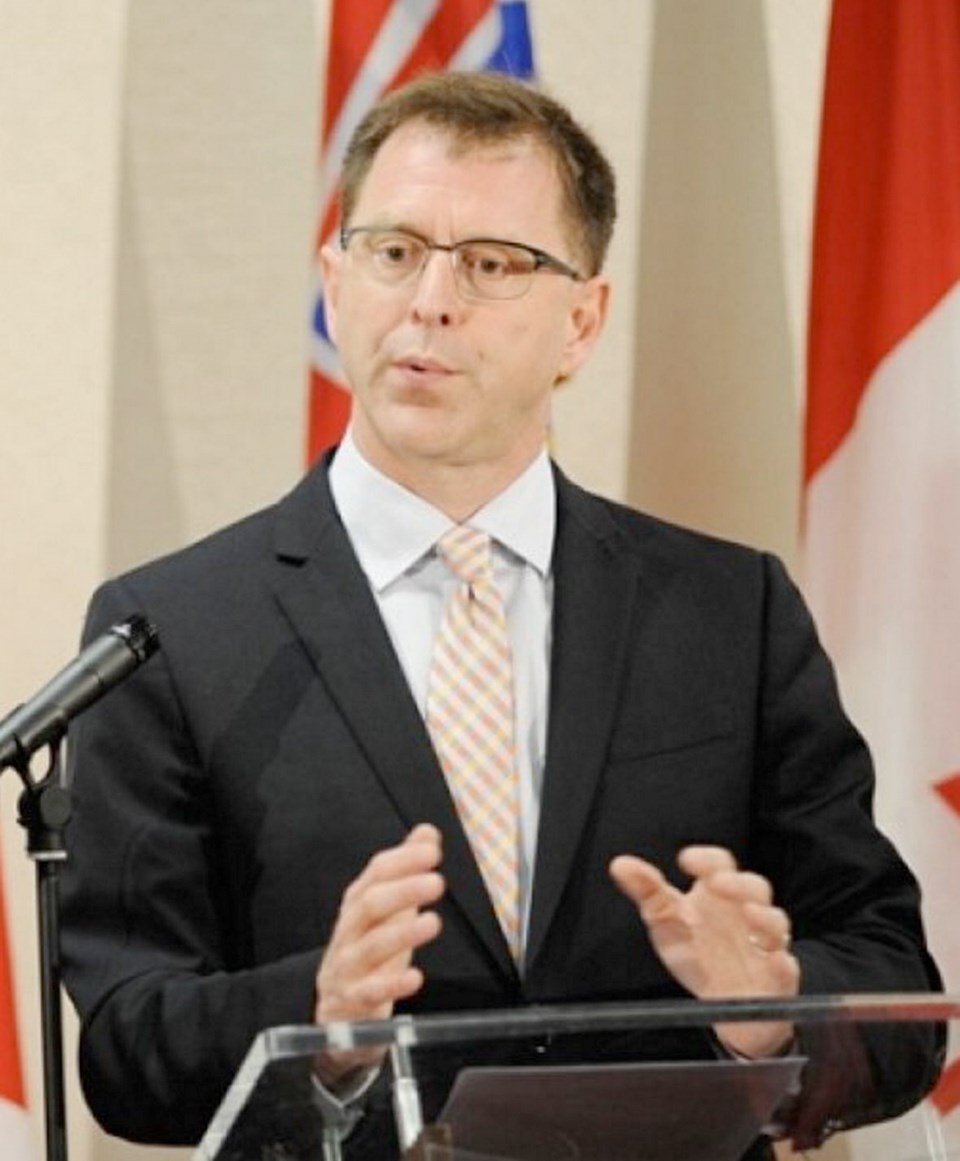British Columbia’s health minister, Adrian Dix, says he’s proud of the increased spending that has taken place under his leadership. Dix should be careful with a boast of that kind.
First off, the lift this year was just 3.4 per cent.
That’s barely enough to keep up with inflation, population increases, and most importantly, aging. Indeed it might not be sufficient. Aging itself is thought to add a percentage point each year to health costs.
At best, it appears, the health budget is static. In real terms, it might even have declined, albeit marginally. This is not something to be proud of.
Then there is the inconvenient fact that sa���ʴ�ý spends less on health care, per capita, than any province or territory in sa���ʴ�ý.
Our provincial health budget is $4,618 per capita (this counts only government spending, not services paid for privately). In comparison, Alberta spends $5,572 while the Atlantic provinces — sa���ʴ�ý’s poorest region (the Territories aside) — average $5,500.
The national median is $4,980.
One result is that we have the second-lowest number of hospital beds per capita in the country. Here is a major cause of long wait times for surgery.
Dix traces some of this back to Paul Martin who, as federal finance minister in the mid-1990s, slashed transfer payments to the provinces. And in this he is right. Martin balanced his budget on the backs of the provinces, to the detriment of the country’s health service.
However, there is a deeper failing here. When our national health-care system was introduced in the 1960s, Ottawa promised to fund 50 per cent of the cost. That promise has long since been reneged on.
Yet the federal government’s taxing power greatly exceeds that of the provinces. As a result, by far the most expensive program in any provincial budget has been forced to pull in its belt.
The question is: What options are available to Dix? For the problem will only get worse.
In mid-life, the average Canadian receives about $3,000 in health services per year. By age 85, that figure has jumped to $25,000, and at age 90, to $30,000.
But the number of people in these upper age groups has grown 20 per cent over the past five years, and that rate is expected to quicken. The cost implications are obvious, and Dix is nowhere near dealing with them.
So how far short are we? To lift our per capita spending just to the national average would cost about $1.8 billion. That’s the rough equivalent of an eight per cent increase in the current health budget.
Realistically, that’s not going to happen. Finance Minister Carole James is already worried she can’t produce the balanced budget promised for this year. Ministries have been told to cut back.
Usually, when governments complain about lack of resources, our advice would be to try economizing. Everyone else does.
But health budgets in sa���ʴ�ý have been ransacked for over 20 years, scraping out every extra dollar. Our standing at the foot of the national spending table is proof of that. There are no savings to be had that would fully fund the most essential services.
Prime Minister Justin Trudeau has indicated he wants to introduce a national pharmacare program. The Parliamentary Budget Officer puts the price at $20 billion.
No doubt the federal government will offer federal cost sharing. The provinces should tell Trudeau they will agree to his proposal just as soon as he reinstates the promised 50 per cent cost share for medicare.
Perhaps the prime minister feels he needs a splashy new initiative to cement his place in history. But taking on a massive obligation, when the most basic health services are already under water, will only make a bad situation worse.



